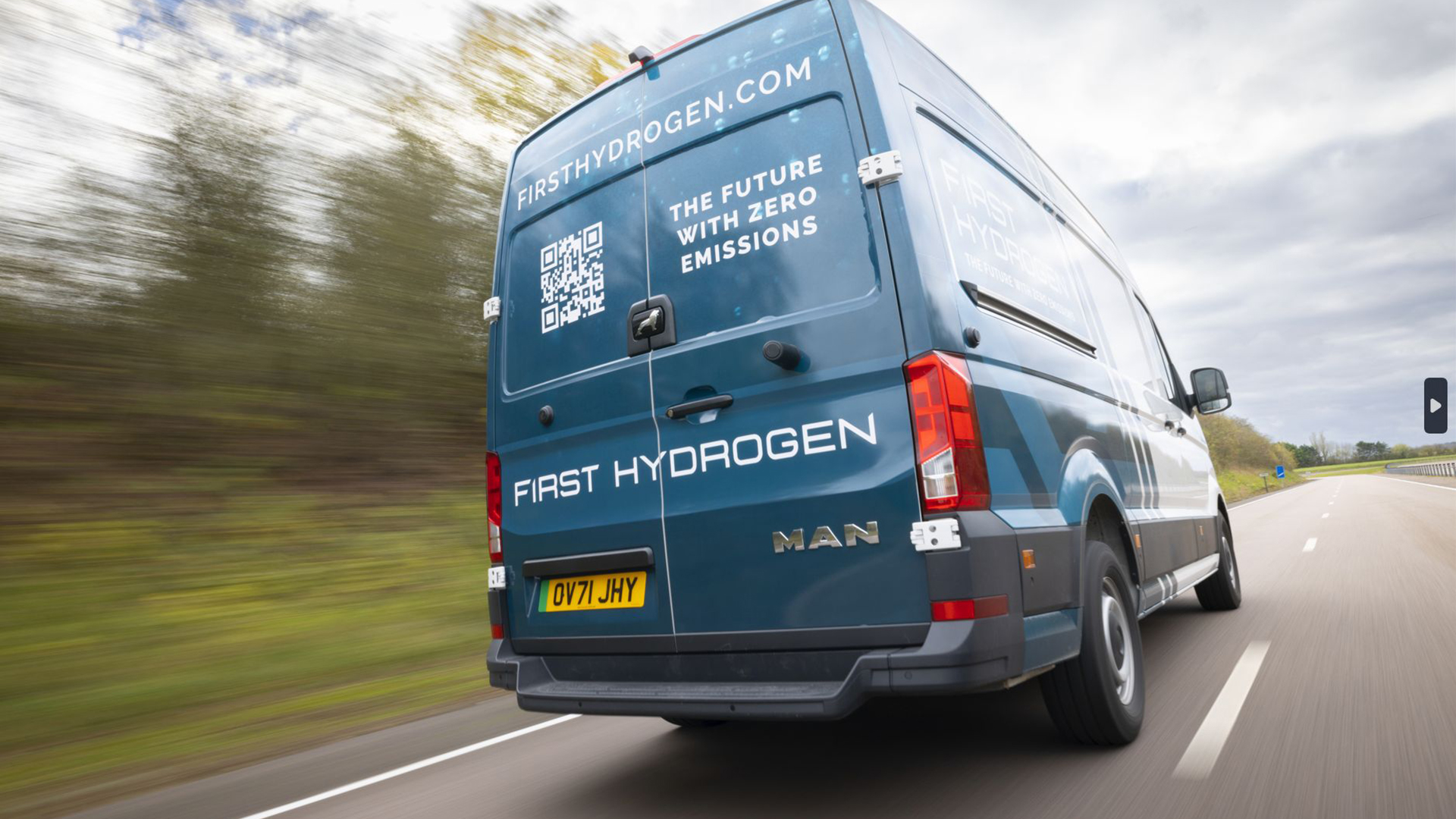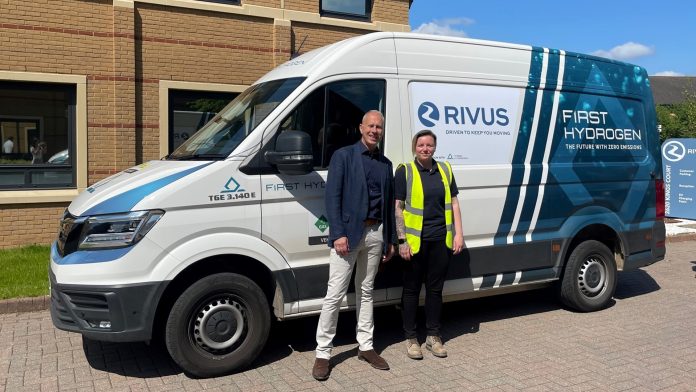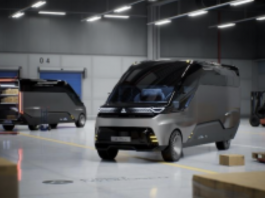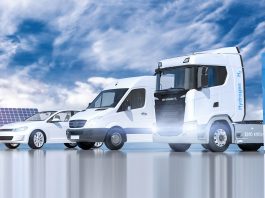First Hydrogen’s groundbreaking hydrogen fuel cell vehicle (FCEV) has been shown to have double the range capacity of electric vehicles (EVs) in a new report.
The company collaborated with leading fleet management provider Rivus to trial its cutting-edge hydrogen fuel cell vehicle, assessing the FCEV’s performance, robustness, and efficiency under different load factors.
Following the trial, Rivus submitted a glowing report highlighting the FCEV’s stellar performance, hailing the hydrogen-powered vehicle’s ‘unbeatable range’, which is around double that of traditional EVs.
The FCEV boasts further benefits, taking just five minutes to refuel compared to EVs, which can take hours – a major advantage for fleets.
The trial signifies a major milestone for decarbonising fleet operations, which are a major contributor to global emissions.
Speaking on the report, Steve Gill, First Hydrogen’s Automotive CEO, commented: “We are delighted that Rivus has managed to prove that this technology can be a viable option for many fleets.
“The trial also showed that the vehicle ran with excellent efficiency, comfortably achieving more than a 500km range on a single tank of fuel, exceeding the early performance expectations we set for real-world driving.
“We have always been confident that our vehicle will offer benefits to fleets, and this first trial is evidence of just that.”
How was the FCEV tested?
Rivus, which manages around 120,000 vehicles, trialled the hydrogen fuel cell vehicle for just over four weeks, driving more than 700 miles of testing.
The company’s engineers tested the FCEV in a diverse range of routes to mimic real-world scenarios, obtaining data on how it performed under different conditions.

This included urban city centre driving, navigating urban routes, such as driving around town centres and higher-speed roads, and combined routes, which involved a combination of low-speed city centre roads, higher-speed roads, and motorways.
The hydrogen fuel cell vehicle was tested both empty and loaded to 90% of its maximum weight capacity to reflect real-world scenarios.
How did the hydrogen fuel cell vehicle perform?
Rivas’ report noted that First Hydrogen’s FCEV had an unbeatable range compared to EVs. The range of modern electric light commercial vehicles (eLCVs) is around 240 km, with the FCEV achieving over 500 km.
Additionally, the FCEV was not impacted by the speed or payload and performed better under different load cycles compared to eLCVs, which can see a range reduction of around 10%.
Gemma Horne, Warranty Controller at Rivus, was involved in the trial and highlighted the major advantage of First Hydrogen’s FCEV.
She said: “The main benefit of the First Hydrogen vehicle is the refuelling times are quicker than battery electric vehicles charge times. And of course, unlike internal combustion engines, hydrogen vehicles produce zero emissions.”
The trial demonstrates how First Hydrogen’s revolutionary innovation will be instrumental in decarbonising fleet operations.








